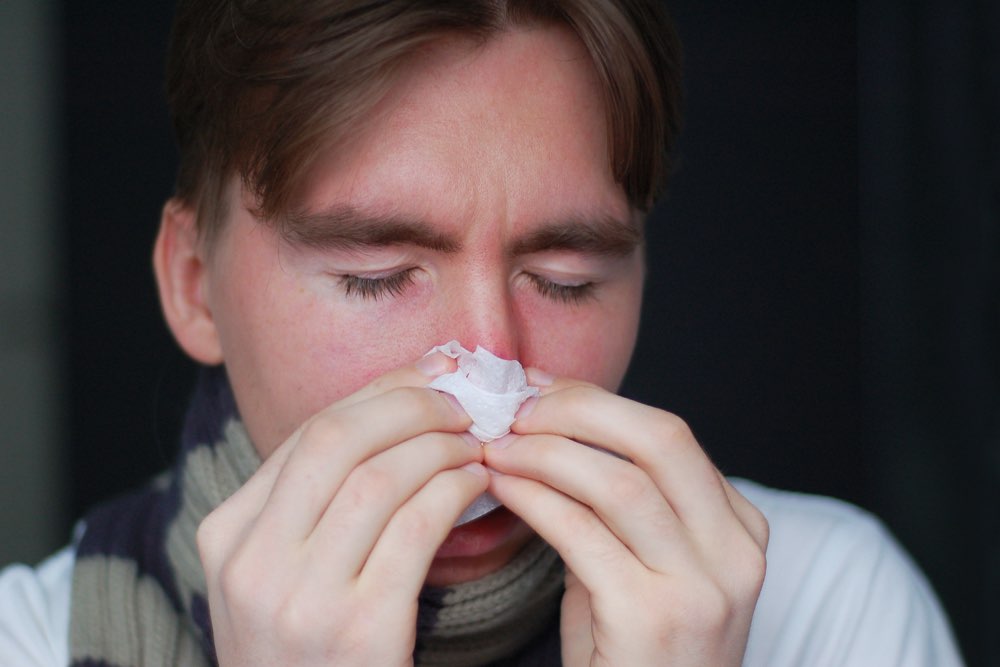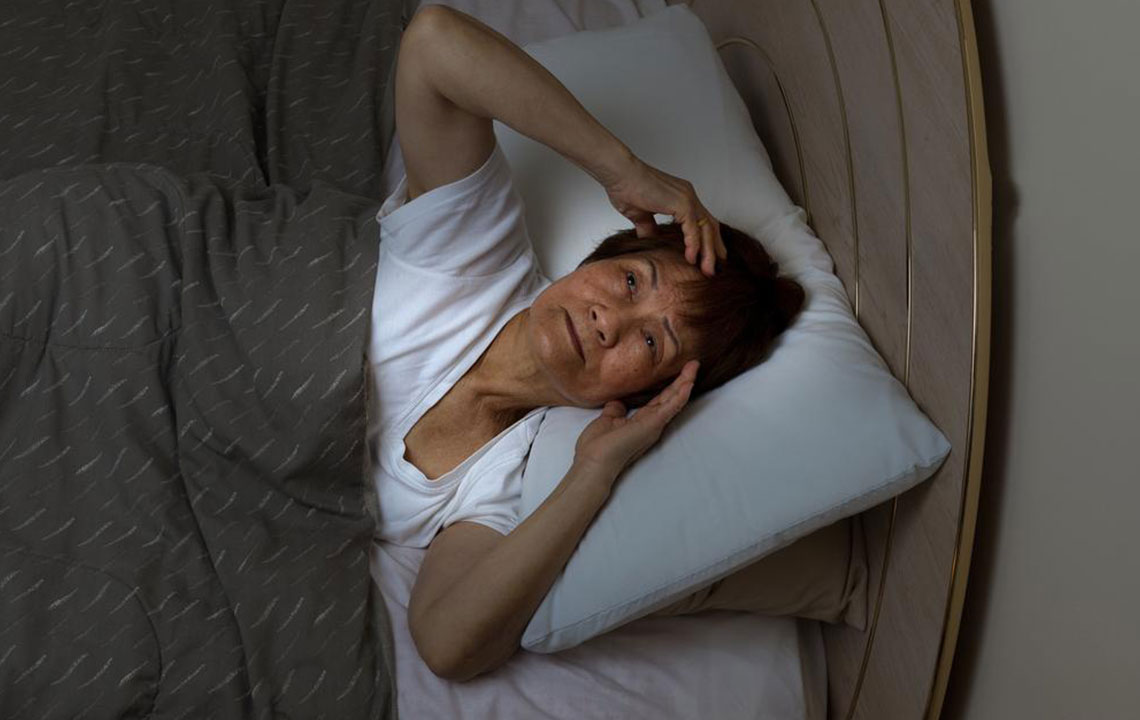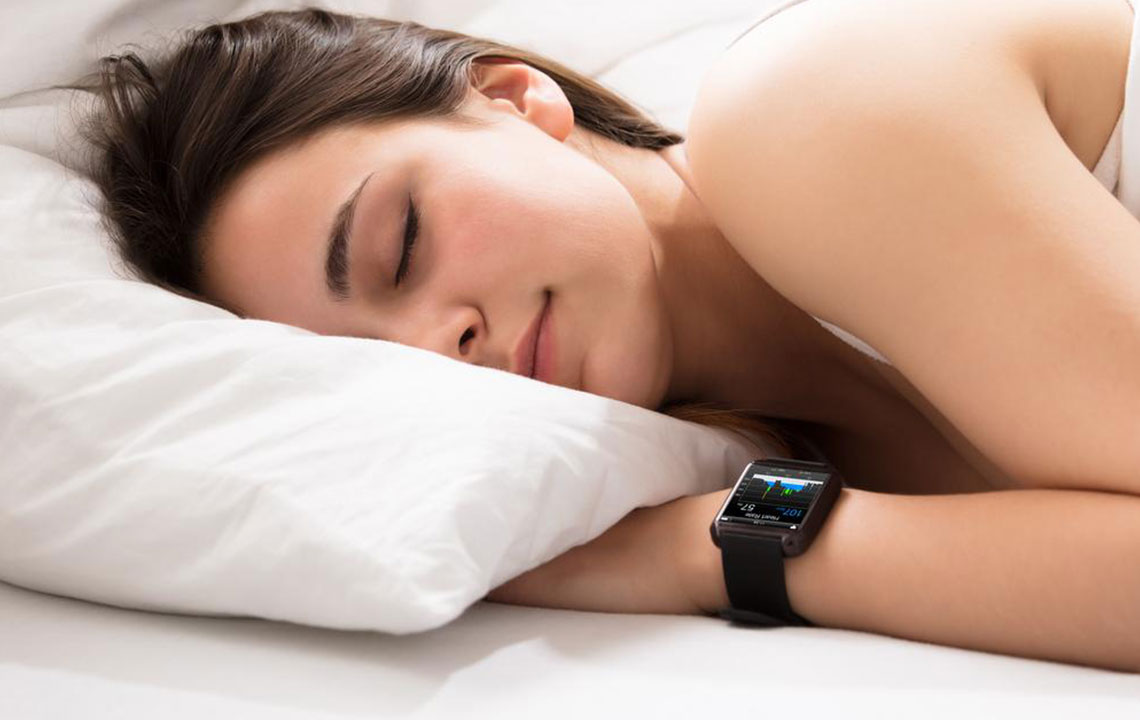Effective Methods to Prevent Nighttime Allergies and Achieve Better Sleep
Discover comprehensive strategies to prevent nighttime allergies and improve sleep quality. Learn effective tips such as regular bedding cleaning, managing pet dander, controlling pollen exposure, and maintaining optimal room humidity. This guide helps allergy sufferers create a healthier sleeping environment, reduce allergy symptoms, and enjoy restful nights. Implement these practical tips for better health and restful sleep, ensuring you wake up feeling refreshed and energized each morning.

Effective Methods to Prevent Nighttime Allergies and Achieve Better Sleep
Experiencing allergy symptoms during the night can significantly disrupt sleep quality and affect overall health. Allergies occur when the immune system overreacts to commonplace irritants such as dust mites, pollen, pet dander, mold spores, and other airborne particles. These reactions can involve sneezing, nasal congestion, itchy eyes, coughing, and breathing difficulties, all of which make restful sleep challenging. Fortunately, there are several effective strategies that can help reduce exposure to allergens in your sleeping environment, enabling you to enjoy a more comfortable and uninterrupted rest. In this comprehensive guide, we will explore over fifteen key tips designed to minimize allergy triggers and enhance your sleep quality, fulfilling the need for a healthier nocturnal routine.
1. Regular Cleaning and Replacement of Bedding
One of the most impactful measures is maintaining a clean sleeping environment. Bedding such as mattresses, pillows, and sheets can serve as breeding grounds for dust mites, mold, and other allergens. To counter this, routinely washing all bedding in hot water (at least 130°F or 54°C) helps eliminate dust mites and their waste products. Additionally, it is crucial to replace pillows and mattresses every 5 to 10 years, as they can accumulate allergens over time. Using hypoallergenic pillowcases and mattress covers that act as barriers against dust mites can provide ongoing protection. Cleaning mattress seams and box springs with a vacuum equipped with a HEPA filter further reduces allergen accumulation. These practices not only make your bed less hospitable for allergens but also improve overall indoor air quality.
2. Creating an Allergic-Free Sleeping Environment
Transforming your bedroom into an allergy-friendly zone can significantly diminish nighttime allergic reactions. Keep pets out of bedrooms, especially if you have allergy symptoms related to pet dander. Regularly vacuum carpets, curtains, and upholstery to remove hair and dander. Consider replacing carpets with hardwood, tile, or laminate flooring, which are easier to maintain and less likely to harbor allergens. Use washable curtains or opt for blinds to prevent dust build-up. Ensuring your bedding and linens are kept spotless and free from allergens, along with periodic deep cleaning, fosters a healthier sleep environment.
3. Managing Pet Dander
Pet dander is a common allergen that can interfere with sleep quality. If you’re sensitive to pet allergens, designate a pet-free zone—preferably the bedroom—to reduce exposure. Regular grooming of pets helps minimize shedding and dander dispersal. Bathing pets weekly with allergen-reducing shampoos can further mitigate this issue. Also, brushing pets outdoors avoids bringing excess dander into the home. Using HEPA air purifiers in bedrooms can effectively trap airborne pet allergens, creating cleaner air for sleeping. Maintaining good pet hygiene and limiting their access to bedrooms are vital steps for allergy sufferers.
4. Limiting Pollen and Outdoor Allergens
Pollen levels tend to rise during early mornings and late evenings, with peak concentrations often occurring overnight. To reduce exposure, keep windows and doors closed during high pollen seasons, especially during peak times. Installing a high-efficiency particulate air (HEPA) filter air conditioner helps trap airborne pollen and other allergens, significantly improving indoor air quality. Using an air purifier equipped with a HEPA filter in your bedroom ensures cleaner air, which can reduce allergy symptoms and promote better sleep. Consider scheduling outdoor activities away from high pollen times and showering after outdoor exposure to wash pollen from clothing, hair, and skin.
5. Humidity Control and Indoor Air Quality
Maintaining appropriate humidity levels—ideally between 30% and 50%—is critical in controlling mold and dust mites. Use dehumidifiers in damp areas to prevent mold growth, which thrives in humid environments and can cause allergic reactions. Regularly cleaning and disinfecting surfaces with white vinegar or allergen-specific cleaning products helps diminish mold spores, bacteria, and dust. Additionally, controlling indoor temperature around 70°F (21°C) avoids creating conditions conducive to mold and dust mite proliferation. Ensuring proper ventilation and air circulation supports a cleaner, healthier sleeping space.
6. Personal Hygiene and Pre-Bed Routine
To minimize allergens on your body before bed, it’s advisable to shower and wash your hair thoroughly after outdoor activities. This practice removes pollen, dust, and other allergens accumulated throughout the day, reducing what you transfer to your bedding and mattress. Use allergen-specific skincare products if necessary to soothe irritated skin caused by allergies. Wearing washable pajamas and avoiding sleeping with outdoor clothes helps keep your sleeping environment allergen-free. Establishing a consistent pre-bed hygiene routine supports healthier lungs and a more restful sleep.
7. Regular Ventilation and Air Purification
Although keeping windows closed can reduce outdoor allergen entry, periodic ventilation with filtered air can refresh indoor air quality. Use HEPA air purifiers in bedrooms, living rooms, and other frequently used areas. Cleaning or replacing filters regularly ensures optimal performance. Proper airflow helps remove indoor-generated allergens such as dust, mold spores, and pet dander. Some advanced purifiers also feature UV sterilization or antimicrobial filters, providing an extra layer of air purification during nighttime hours.
8. Maintaining Proper Ventilation and Climate Control
Adequate ventilation reduces indoor humidity and helps prevent mold growth and dust accumulation. Use exhaust fans in bathrooms and kitchens to control moisture. Regularly inspect and clean HVAC systems and filters to streamline airflow and remove collected allergens. Consider installing an air quality monitor to keep track of airborne pollutants and adjust ventilation accordingly. Maintaining a balanced indoor temperature complements these efforts and fosters an environment conducive to restful sleep.
9. Addressing Mold and Dampness
Mold spores are major allergy triggers that thrive in damp environments. Fix leaks promptly and ensure proper moisture control. Use moisture barriers in basements and avoid carpeting in damp areas. Regularly inspect windows, pipes, and walls for signs of mold or water intrusion. Deep cleaning affected areas with mold-killing cleaning agents and white vinegar prevents mold regrowth. By proactively managing dampness and mold, you can dramatically reduce allergic reactions during sleep.
10. Professional Medical Advice and Medication
In cases where allergy symptoms persist or become severe, consult healthcare professionals for diagnosis and treatment. They may recommend antihistamines, decongestants, nasal sprays, or allergy immunotherapy (allergy shots). Always follow medical advice and use prescribed medications as directed. For some individuals, allergy testing can identify specific triggers, empowering targeted avoidance strategies. Combining lifestyle modifications with medical management provides comprehensive relief for nighttime allergies.
In conclusion, managing nighttime allergies is a multifaceted approach involving environmental control, personal hygiene, and medical consultation. Implementing these strategies can significantly reduce allergen exposure, alleviate symptoms, and promote more restful, healthier sleep. If allergy symptoms continue to interfere with your sleep and daily life, seek professional medical guidance to develop a personalized allergy management plan. Prioritizing a cleaner, allergen-free sleeping environment not only improves sleep quality but also enhances overall health and well-being.





